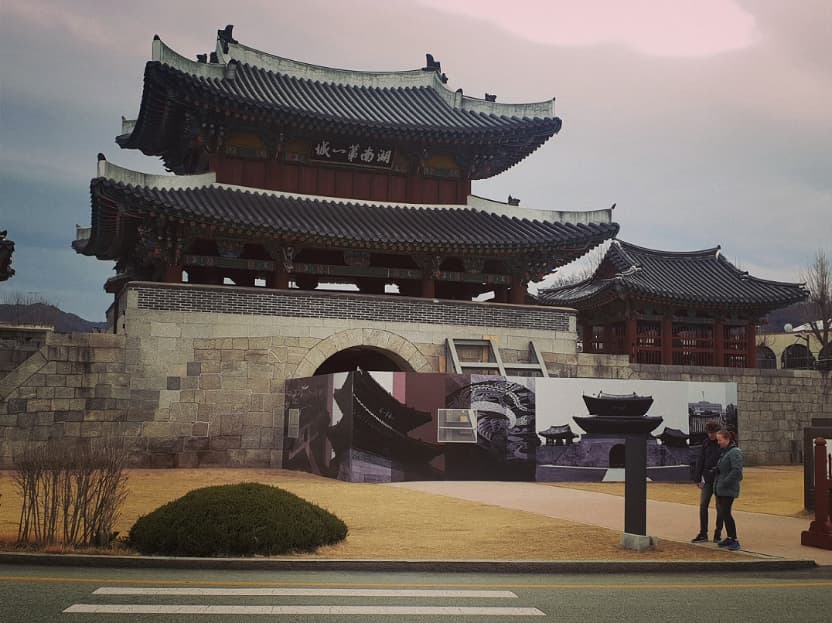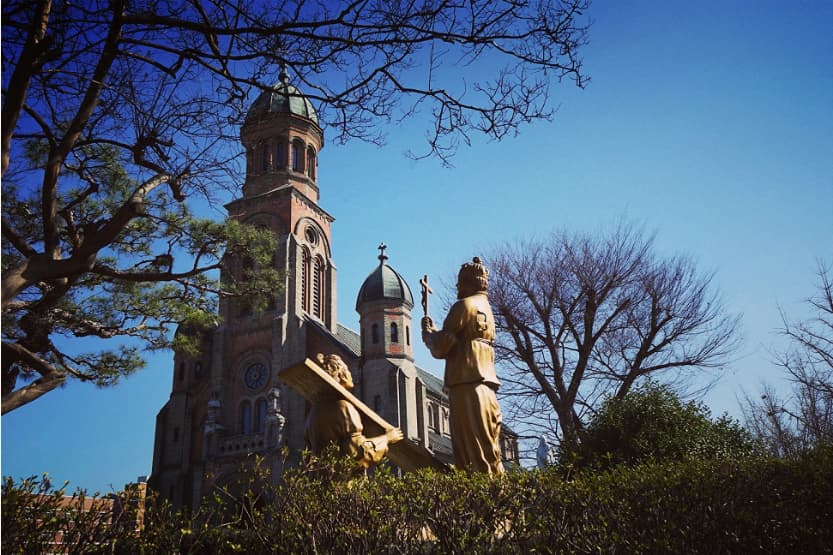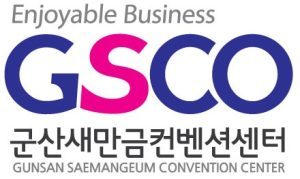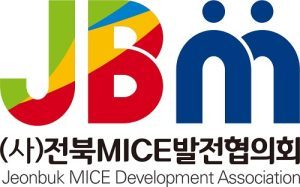September 15th (Thursday) – Conference Day 1 | ||
| Time | Activity | |
| 9:00 – 10:30 | Registration | |
| 10:30 – 11:00 | Opening Ceremony
| |
| 11:00 – 11:30 | GSTC’s Global Mission and Current Activities Randy Durband – CEO of GSTC | |
| 11:30- 12:00 | Keynote Speech Caesar Indra – President of Traveloka | |
| 12:00 – 13:30 | Lunch and networking | |
| 13:30 – 15:00 @ Convention Hall 2 | MICE 1: Business Retreats and Small Meetings As international travel is returning so does the demand for large conferences as well as business retreats and small meetings. A retreat is usually a smaller meeting that convenes in an off-the-beaten-path destination, while a small meeting typically takes place at a hotel close to an airport or train, with meeting space and audio-visual support to accommodate the size and scope of the meeting. Showcasing small meetings provides an exceptional opportunity for events organizers to plan differently when it comes to choosing meeting sites and itineraries. As such, this gives rise to opportunities to address sustainability issues in a more focused manner. Moderator: Mr. Hongkook Ha – Secretary General, Korea MICE Association Speakers:
Panelists:
| |
| 13:30 – 15:00 @ Room 203 | Wonders in Tourism & Heritage Responsible travel is indispensable for Ecotourism. What type of travelers visit the natural areas and how the Ecotourism site is designed – these elements influence the natural resources, cultural heritage and the locals who live there. Ecotourism should not disrupt the environment, culture and the locals, while it is challenging in reality. In this session, we will explore the future direction of ecotourism by examining the design and branding strategies for revitalizing ecotourism and the implications in the case of revitalizing ecotourism in the Asia-Pacific region. Moderator: Emi Kaiwa – Manager Asia Pacific, GSTC Speakers:
Panelists:
| |
| 15:00 – 15:30 | Refreshment break | |
| 15:30 – 17:00 @ Convention Hall 2 | MICE 2: Sustainable Management Systems for Hotels A Sustainability Management System (SMS) is used to identify the risks, outline corresponding management, and monitor and document performance relating to the environmental, social, cultural, economic, quality, human rights, health, and safety issues which will be based on the size, business nature, and scope of an organization. Through regular monitoring, the SMS sets a platform for continuous improvement in sustainability performance. Most importantly, the SMS and all related information has to be clearly documented. This is addressed in GSTC-I criterion A1. Moderator: CB Ramkumar – Regional Director, South Asia, GSTC Speakers:
Panelists:
| |
| 15:30 – 17:00 @ Room 203 | Ecotourism Businesses Benefiting Communities Ecotourism is usually about responsible travel and protecting the natural areas, so does the strong impression of the environmental aspect of sustainability. Almost unavoidable to disrupt the untouched nature and locals by the travelers, while ecotourism business could be helping the community. In this session, ecotourism, which benefits the local community such as community-based tourism will be explained with examples in Asia-Pacific, and ecotourism in Jeollabuk-do for revitalizing the local community through examples and implications of activating will be discussed. Moderator: Prof. Young-ki Choi – Jeonju University Speakers:
Panelists:
| |
| 17:00 – 18:00 | Networking & exhibition | |
| 18:00 – 19:30 | Hosted dinner at the venue | |
| 19:30 – 21:00 | Drone Light Show at Gunsan Eunpa Lake | |
September 16th (Friday) – Conference Day 2 | ||
| Time | Activity | |
| 9:00 – 10:00 @ Convention Hall 2 | Sustainable Land Development
Sentosa is Singapore’s premier island resort getaway, home to an exciting array of themed attractions, award-winning spa retreats, lush rainforests, golden sandy beaches, resort accommodations, world-renowned golf courses, a deep-water yachting marina and residences. The 500-hectare island is managed by Sentosa Development Corporation (SDC), a statutory board under Singapore’s Ministry of Trade and Industry. Last year SDC launched the Sustainable Sentosa strategic roadmap, and has recently achieved a certification as a sustainable tourist destination by GSTC-Accredited Certification Body Vireo Srl. | |
| 10:00 – 10:20 | GSTC in Asia-Pacific Dr. Mihee Kang – Director Asia-Pacific, GSTC | |
| 10:20 – 10:50 | Refreshment break and networking | |
| 10:50- 12:20 @ Convention Hall 2 | Young Generation in the Tourism Industry The young generation is an integral part of tourism industry and make up a significant proportion of the tourism workforce. This session will discuss tourism companies’ internal culture of employees’ development, growth of university student and interns in the tourism industry, as well as how well how younger generation of business owners work nowadays. Moderator: Roi Ariel – General Manager, GSTC Speaker: Natalie Kidd – Chief People and Purpose Officer, Intrepid Travel Panelists:
| |
| 12:20 – 13:30 | Lunch and networking | |
| 13:30 – 14:50 @ Convention Hall 2 | Destination Stewardship: NTOs & DMOs Partnering with the Private Sector Destination stewardship requires good public policy and strong private sector practices. The Destination Management Organization (DMO) has a role in both, not just the first. The DMO needs to provide guidance and encouragement to the private sector to operate more sustainably. Criterion A4 of the GSTC Destination Criteria and its Performance Indicators underscores that DMO’s must take an active role in engaging with the private sector. This is needed to encourage more sustainable forms of services and experiences. Moderator: Randy Durband – CEO, GSTC Speakers:
| |
| 13:30 – 14:50 @ Room 203 | Attractions: Managing Visitor Flow As travel technology is improving and more widely applied to product information and distribution, destinations and tour operators put more focus on managing the visitor flow in tourism hubs as well as dispersion into less visited destinations and attractions. Better tourism dispersal and more respect for host communities and the natural environment allow the sustainable development of smaller tourist destinations. This is also seen as an increasing number of travelers seek less crowded and more ‘authentic’ places to visit, so better traveler dispersion through improved visitor management is vital. Moderator: Prof. In-pyeong Ryu, Jeonju University Speakers:
Panelists:
| |
| 14:50 – 15:20 | Refreshment break and networking | |
| 15:20 – 16:20 @ Convention Hall 2 | MICE Criteria Consultation Workshop Currently, there are two sets of the GSTC Criteria: GSTC Industry Criteria and GSTC Destination Criteria. With growing interest and requests, the Global Sustainable Tourism Council is now developing the GSTC MICE Criteria. Conference participants are welcome to take part in this consultation activity as part of the development process and help shape the GSTC MICE Criteria. Moderated by Randy Durband – CEO, GSTC | |
| 15:20 – 16:20 @ Convention Hall 2 | Attraction Criteria Consultation Workshop Currently, there are two sets of the GSTC Criteria: GSTC Industry Criteria and GSTC Destination Criteria. With growing interest and requests, the Global Sustainable Tourism Council is now developing the GSTC Attraction Criteria. Conference participants are welcome to take part in this consultation activity as part of the development process and help shape the GSTC Attraction Criteria. Moderated by Dr. Mihee Kang – Assurance Director, GSTC | |
| 16:20 – 16:40 | Networking & Exhibition | |
| 16:40 – 17:00 | Closing Ceremony | |
| 17:00 – 21:00 | Individual Dinner in Gunsan City (shuttle offered, dinner not included) | |
September 17th (Saturday): Post-conference tourOnly for those that have registered by September 9th | ||
| 9:30-10:45 | Leave Best Western Gunsan Hotel, pick up Gunsan downtown, go to Jeonju Hanok Village | |
| 10:45-12:15 | Jeonju Hanok Village – free time | |
| 12:15-13:15 | Lunch at “Family House” – Bibimbap, meat is optional. | |
| 13:15-14:15 | Jeonju Hanok Village or Gyeonggijeon or Jeondong Cathedral or Jeonju Hyanggyo or Omokdae | |
| 14:15-14:30 | Leave Jeonju Drop some participants that head to Seoul at the Jeonju train station. Train leaves Jeonju at 15:24, and arrive at Seoul station at 17:13. Then head back to Gunsan downtown and Best Western. | |
Note: You can book the train ticket in advance here.















